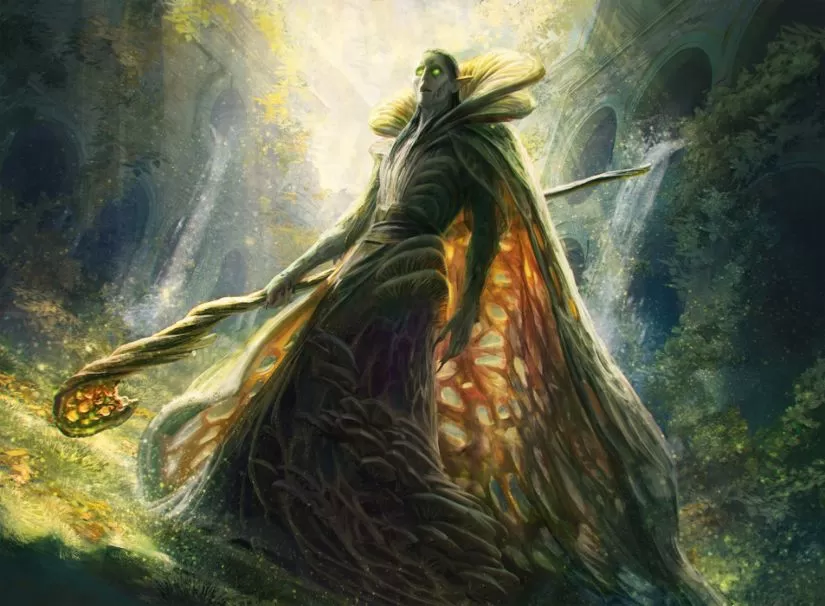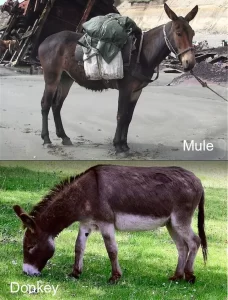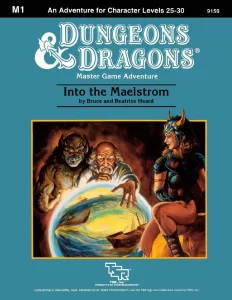
The pursuit of eternal life has eternally beguiled the ambitious and the arcane. While many chase this elusive dream, only an exceptional few come within grasp of it, with even fewer possessing the grit, madness, or desperation to pay the requisite toll. For those who tread this arduous path, the ultimate destination is often the shadowy realm of lichdom.
Liches: Mythic Beings Beyond Mortal Comprehension
Liches are the stuff of legends, akin to dragons in their mythic stature. For most, they remain elusive entities, so rare that their very existence becomes a matter of debate. Tales of undying rulers, reigning as deities upon the mortal realm, often draw from the deeds of these enigmatic beings. However, distinguishing between ancient empire propaganda and the reality of these undead sorcerers remains a challenge for historians and scholars alike.
The Sinister Path to Lichdom
At their core, liches are formidable mages who, through forbidden rites, tether their souls to the mortal plane via phylacteries. The journey to becoming a lich is diverse. Most are scholars, having stumbled upon the arcane rituals through extensive research. Yet, some arise from the ranks of devout cultists, drawing power from malevolent deities or even demon lords. Among the rarest are the blight liches, who defy the natural order by corrupting nature's magic to sustain their unlife.
The Rituals: A Symphony of Darkness
Becoming a lich is no trivial endeavor. The aspirant often immerses in years of meticulous rites, blending practices reminiscent of mummification with soul-binding ceremonies. This complex ritual reaches its climax with the consumption of a potent magical poison coupled with a soul sacrifice. The intricate choreography ensures that the souls of the sacrifice and the lich-to-be depart simultaneously, allowing the lich's partial soul to remain anchored, eluding the watchful gaze of divine entities.
The Soul's Prison: The Phylactery
Central to a lich's existence is its phylactery-a fortified vessel safeguarding a fragment of its soul. These containers, often resembling ornate lockets or chests, are imbued with the lich's own blood, fortified by scrolls of binding and protection. Their true strength lies in their magical reinforcement, making them incredibly resilient. While audacious liches might flaunt their phylacteries, most shroud them in secrecy, protected by layers of enchantments or ensconced in distant realms.
The Cost of Immortality: A Soul's Hunger
Lichdom isn't without its challenges. The fragment within the phylactery perpetually yearns for the afterlife, requiring a steady diet of souls to resist the ethereal pull. Deprived of souls, a lich's physical and mental faculties wane. Yet, this very deterioration can unleash an unparalleled magical might, though often at the cost of finesse.
Architects of Grandeur: Lairs of the Undying
Liches, with their boundless lifespan, often erect opulent abodes-testaments to their majesty and ambitions. Though they may not relish life's pleasures, the mere presence of opulence, even in decay, offers a semblance of joy. Based on their designs, some reside in sprawling underground catacombs, orchestrating grand machinations from the shadows. Regardless of location, a lich's lair is invariably fortified, ensnared with traps and enchantments to deter unwanted guests.
The Psyche of Liches: Pride and Paranoia
In their undead existence, liches retain echoes of their former selves, albeit amplified by the weight of eternity. Their immense power cultivates an inherent arrogance, viewing most beings as beneath them. This hubris, however, is often accompanied by paranoia, especially concerning their phylacteries-their sole Achilles' heel.
A Battle with Liches: Chess with the Undying
Confronting a lich is a game of high stakes. Their lairs, often labyrinths of death, are meticulously planned with contingencies for myriad scenarios. Liches rarely engage without strategy, exploiting every advantage, devoid of honor or mercy. And should one fall within their grasp, they may find themselves not as the victor, but as fodder for a phylactery's insatiable hunger.






